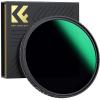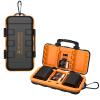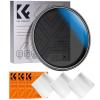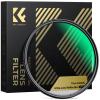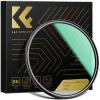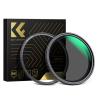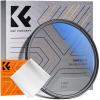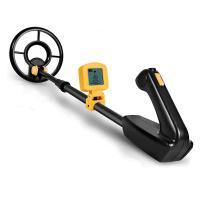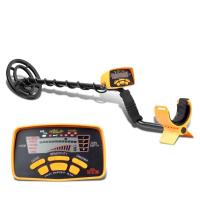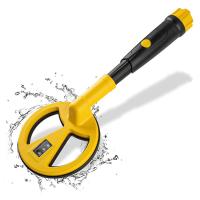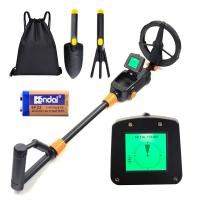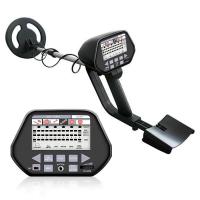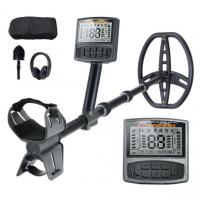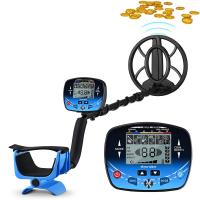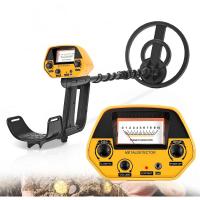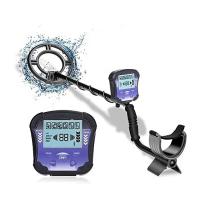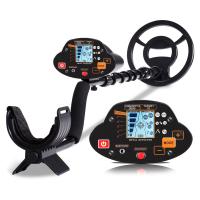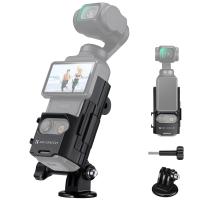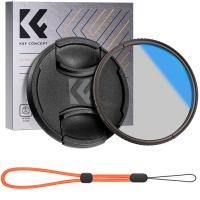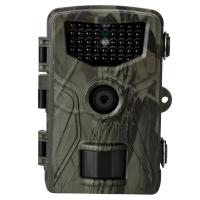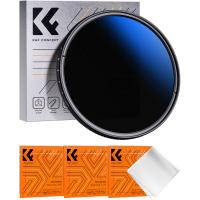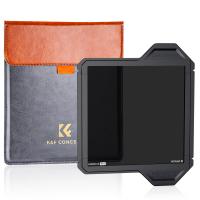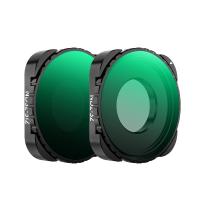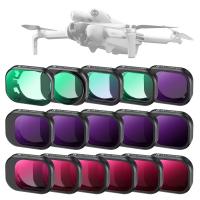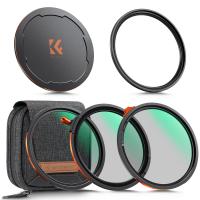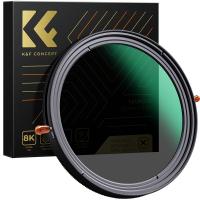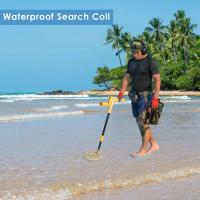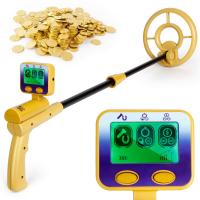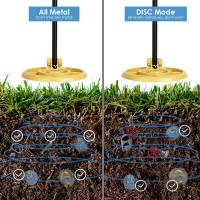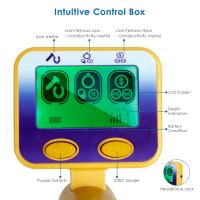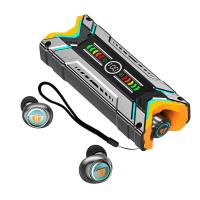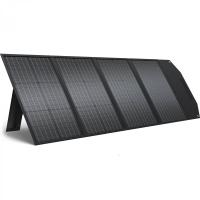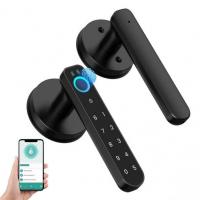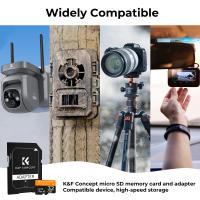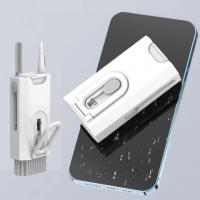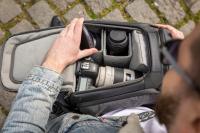How To Buy A Metal Detector?
When it comes to treasure hunting, one of the most important tools any enthusiast can consider is a metal detector. Whether you are a hobbyist seeking something as mild as loose coins on the beach or a more serious treasure seeker on a historic site, choosing the right metal detector can be a game changer. Given the plethora of options available, knowing how to select the right metal detector to suit your needs is critical. This article aims to guide you through different aspects to consider so that your purchasing decision is informed and strategic.
Understanding the Basics of Metal Detectors

Before you decide to purchase a metal detector, it’s essential that you grasp how these devices function. Metal detectors operate by transmitting an electromagnetic field from the search coil into the ground. When a ferrous or non-ferrous metal object is exposed to this electromagnetic field, it generates its own electromagnetic field, which the detector's coil picks up, making it easier to identify the target.
Key Factors to Consider When Buying a Metal Detector
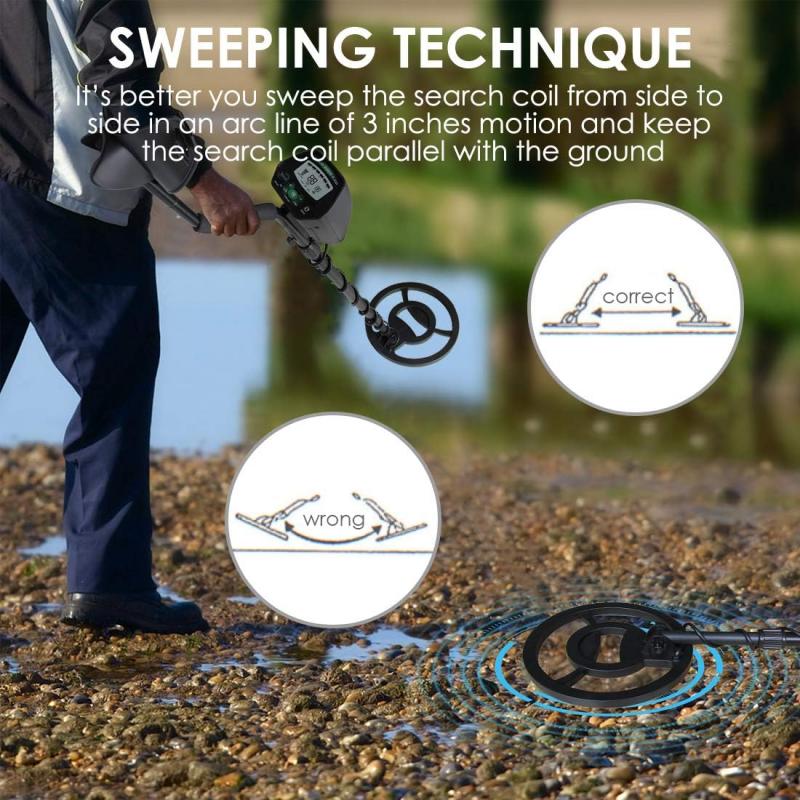
1. Purpose of Use:
- Coin and Jewelry Hunting: If your aim is to find coins and jewelry, look for a model with a coin mode or identification capability. Many metal detectors have pre-set settings that can discriminate between types of metals.
- Gold Prospecting: Metal detectors for gold prospecting are often more sensitive and have higher frequencies to detect small gold pieces. Consider models with a feature that handles highly mineralized soil common in goldfields.
- Relic Hunting: If you’re interested in relic hunting, choose detectors with enhanced capabilities for detecting deep targets and understanding soil conductivity.
- Beach and Underwater: For those who plan on searching beaches or diving, waterproof or submersible metal detectors are a necessity. Additionally, look for detectors with a saltwater mode to minimize interference.
2. Technology Type:
- Very Low Frequency (VLF): These are common, affordable, and excellent for coin and relic hunting. They offer good discrimination and pinpointing capabilities.
- Pulse Induction (PI): PI technology is apt for finding deep treasure in mineralized ground and beaches, particularly effective for gold prospecting.
- Multi-Frequency: Suitable for both general hunting and saltwater beaches due to its ability to detect a wide range of metals with separate frequencies.
3. Depth and Sensitivity:
The depth at which a metal detector can identify an object depends on several factors like coil size and the type of metal detector. Detectors with larger coils cover more ground but might be less sensitive to smaller targets.
4. Discrimination and Target Identification:
Discrimination allows the detector to differentiate between different types of metals. High-quality metal detectors provide adjustable discrimination settings, making it easier to avoid unwanted material like aluminum foil or nails.
5. Price Range and Budget:
Metal detectors can range from economical beginner models to high-end models costing thousands. Establishing a budget focuses your options and ensures you get the most value out of your purchase.
Practical Tips for Purchasing
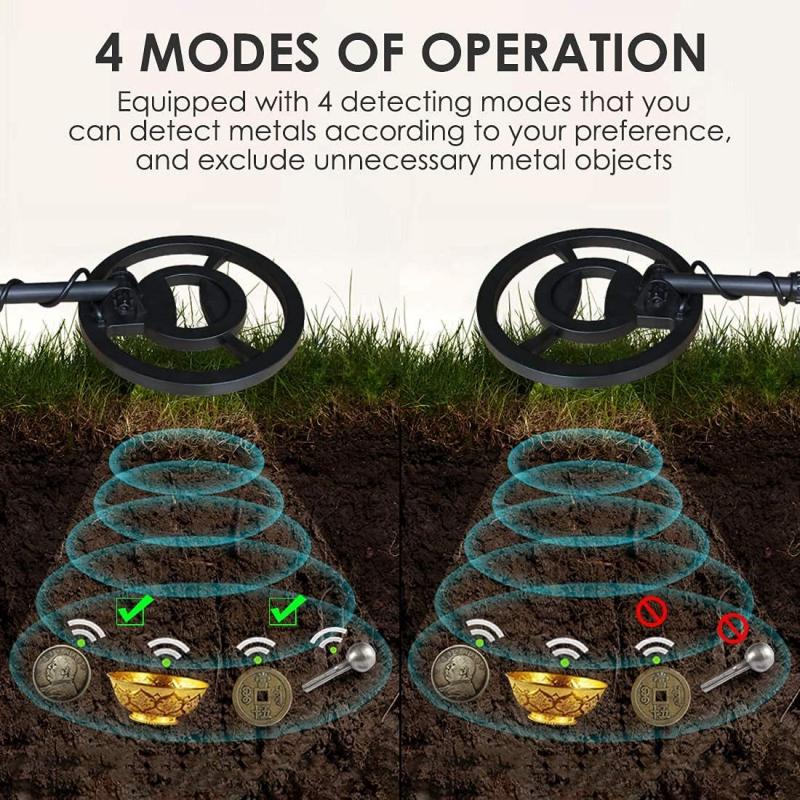
- Research Reviews and Brands: Starting with reliable brands like Garrett, Minelab, and Fisher can offer quality assurance. Online reviews and forums can provide insights into user experiences.
- Try Before You Buy: Visit local shops or attend metal detecting clubs to try different models. If possible, borrowing from a friend for a trial can also be helpful.
- Training and Manuals: Devices often come with setting manuals or DVD guides. Opt for user-friendly interfaces if you are a novice. Some brands offer online tutorials, which can be very useful.
- Weight and Ergonomics: The weight and design of a metal detector can affect how long you can search comfortably. Opt for one's that are easy on the wrist and hands to avoid fatigue.
- Accessories and Parts: Investigate available accessories such as carrying bags, additional coils, and batteries that may come with the package. Spare parts access is also vital for long-term use.
- Warranty and Service: Check the warranty conditions and whether after-sales services are available. This can be a lifesaver in case something goes wrong with your detector.
Maintaining Your Metal Detector
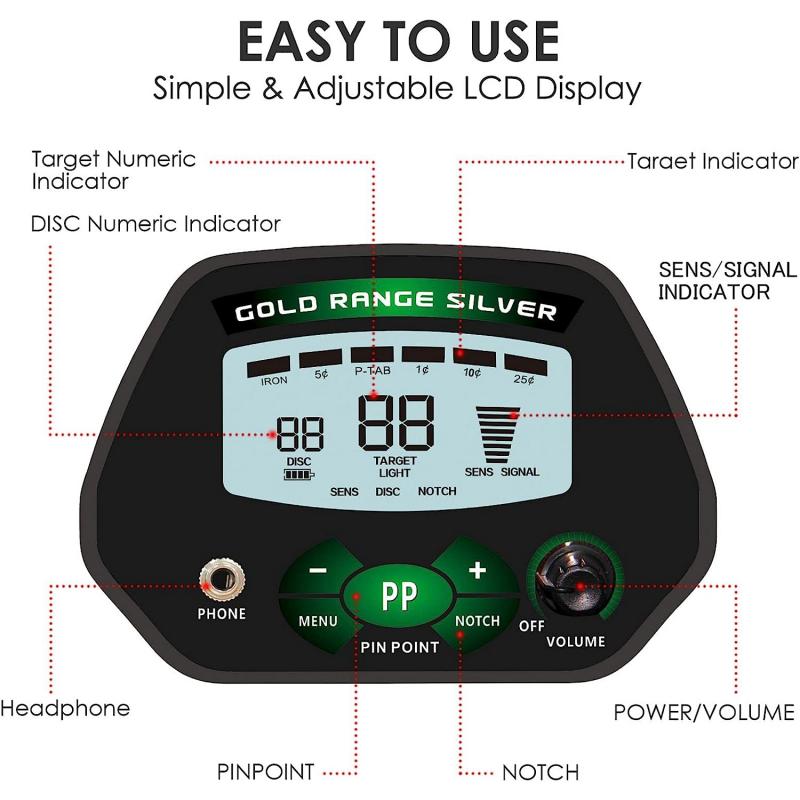
Once you've invested in a metal detector, maintenance becomes key to ensuring its longevity and optimal performance.
- Keep it Clean: Rinse saltwater from your waterproof detector to avoid corrosion. Use a damp cloth to wipe down the coils and body after use.
- Batteries: Regularly check the battery level and have spare batteries on hand during treks.
- Protection in Storage: Store in a cool, dry location and use a protective cover to prevent dust accumulation.
Social and Ethical Considerations
Being a responsible detectorist means following local laws and regulations. Seek permission if you plan to detect on private land. Respect natural sites and historical locations by filling your holes and leaving no trace. Always report significant historical finds to the appropriate authorities.
Choosing the right metal detector requires careful consideration of what you are looking for and where you plan to search. By understanding the different features and matching them with your needs — whether it’s coin-searching on a nearby beach or gold prospecting in a remote location — you can find a metal detector that will enhance your treasure-hunting adventures. With responsible use, patience, and skill refinement, a metal detector can unlock a world of history and adventure right beneath your feet.

